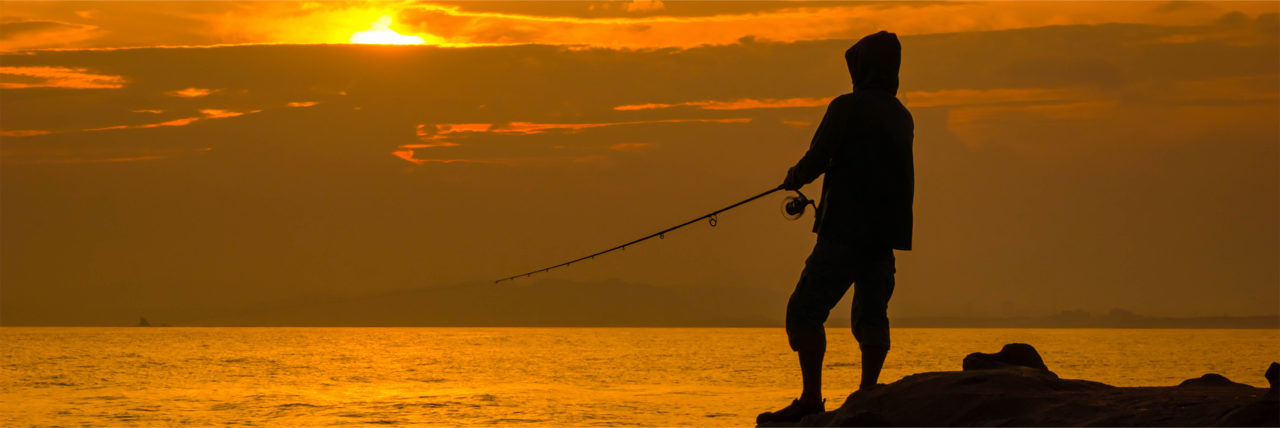Last year, I played The Legend of Zelda: Breath of the Wild for the Wii U. In the beginning of the game, you are woken up by the princess after a hundred years slumber. You learn about her desperate fight against Calamity Ganon, that has been going on for all these years, and how she cannot hold him back much longer. You receive your first and primary quest named Destroy Ganon. When you leave the cave, you can even see the castle shrouded in menacing purple. And you can indeed go there and die like most speedrunners on their first try. But usually you go on a journey across the land to become stronger first and learn the urgency of fishing.
Like in most modern RPGs, you soon receive side quests and quickly lose the sense of urgency. Contrary to what the dramatic cutscenenes tell you, you know that you can take your sweet time. The princess will hold on for as long as you need. This has been true for every Zelda game. (With the exception of The Legend of Zelda: Majora’s Mask, which I talk about in more detail in Living on the Clock.) Everything else comes first. It is what I call the Urgency of Fishing.
In The Legend of Zelda: Ocarina of Time, you basically have the same primary quest. But in this game, once you reach the Fishing Pond, you can always take a break there fishing. You even get a reward for catching the rare Hyrule Loach!
Fortunately, the main focus for Zelda games is exploration. Their creator, Shigeru Miyamoto, designed the games with the feeling in mind, which he had, when exploring caves as a child. This explorative focus is fine for most games, that you play at your leisure. However, this results in the games losing tension, which can really enhance the gaming experience in other circumstances.
Many years ago, I played the original Deus Ex. (Small spoiler warning for the first hour of a game from the year 2000.) As agent JC Denton, you finish your tutorial parcours and meet your boss in the UNATCO headquarters. You receive the mission to save innocent people in a hostage situation at the nearby Statue of Liberty. Knowing the Urgency of Fishing, I leisurely strolled through the headquarters, talked to all colleagues, and read every memo. When I started the mission, I was scolded for taking so long. The hostages had been killed. I was too late.
Wondering whether this was scripted or really a result of my relaxed approach, I reloaded the game, and started the mission right away. The hostages were still alive. It had been indeed my fault, for not taking the urgency of the mission seriously. I was excited. The game did not lie to me to sell a dramatic story. My actions or lack thereof had consequences. From this point on, I took every call for action seriously.
If you want to create tension in a game, give your players the option to fail. If you call for urgent action, really make it urgent. Let your players know the difference between coming quickly or coming late. It does not always have to be anything important. If you take your players seriously, you can later raise the stakes, and they will take it seriously as well.
What are your favorite Urgency of Fishing moments? Share your experience! I am looking forwards to your comments below! In the meantime, I urgently need to go fishing.
(Photo by natsuki on Unsplash)


Leave a Reply